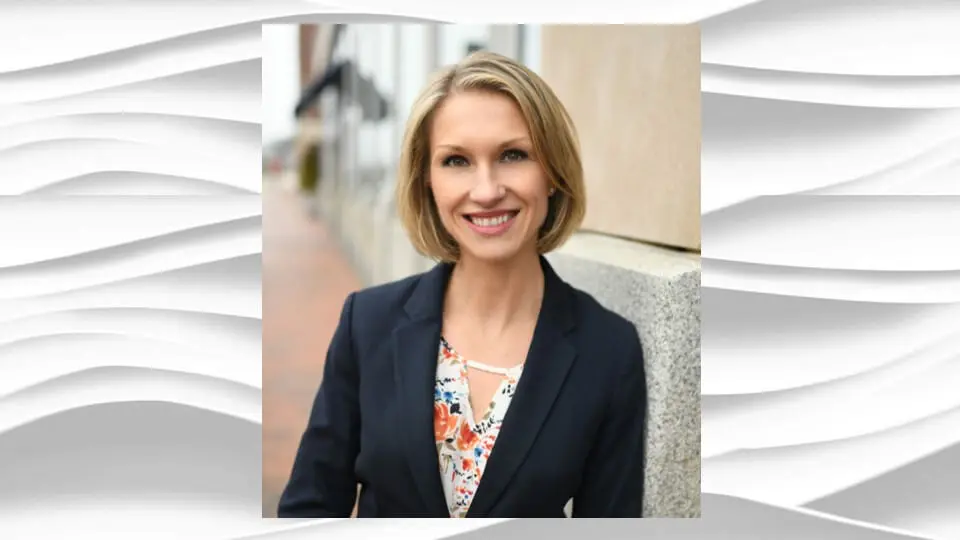Episode 82 – How a Technology Service Provider Transitioned from a Founder Driven Sales Model to a Sales Team – Member Case with Lenka Lechmanova
Boutiques become market leaders by building a commercial sales engine that is capable of scaling. On this episode, we invited Lenka Lechmanova, CEO at V2 Strategic Advisors. She shares how her firm has cultivated a homegrown talent strategy, established sales processes and metrics to benchmark performance, and moved away from partner selling.

